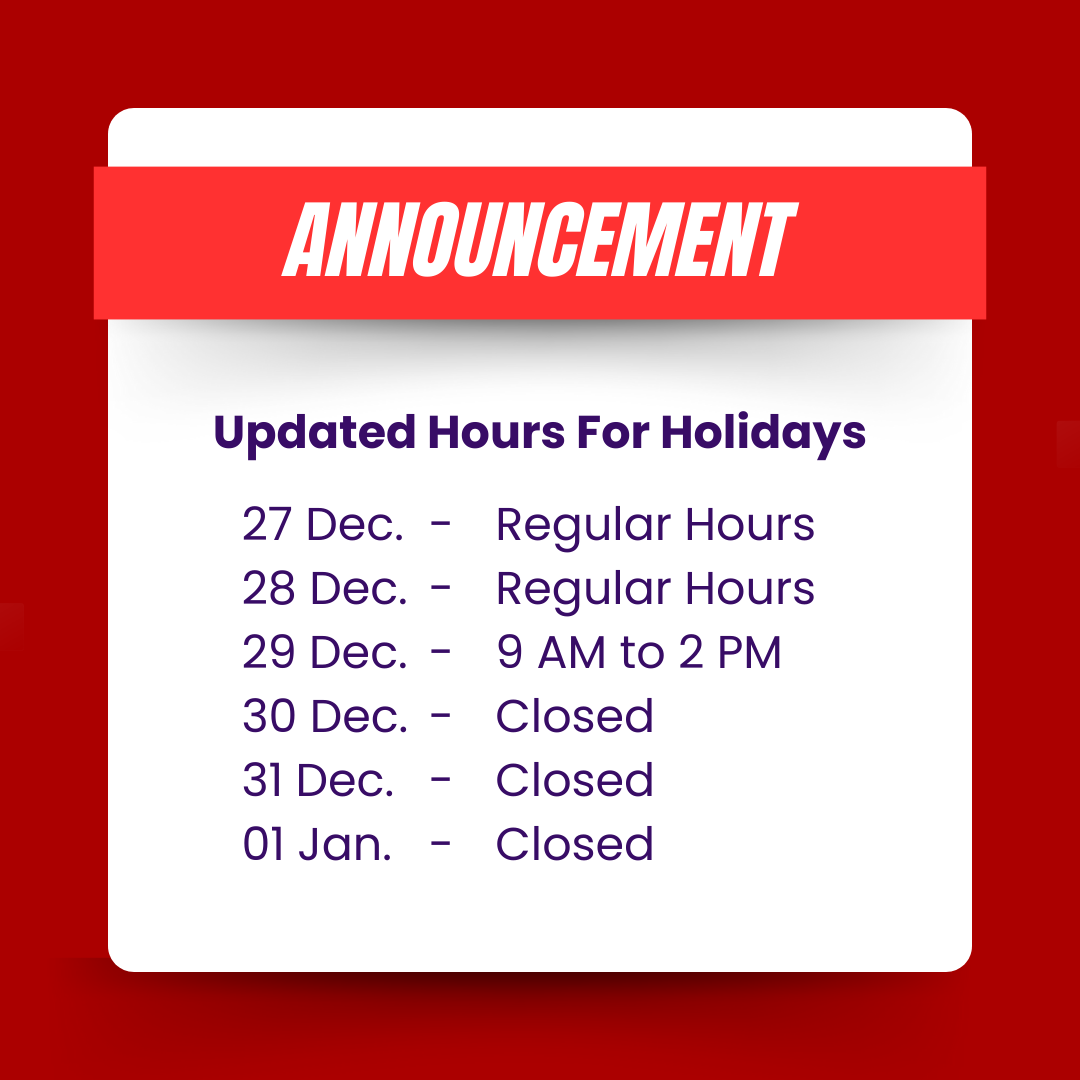In the fast-paced world of business, commercial auto insurance plays a crucial role in protecting assets and ensuring financial stability. Whether a company operates a fleet of delivery trucks, service vehicles, or company cars, accidents can happen. Managing commercial auto insurance claims efficiently can minimize losses, reduce downtime, and ensure smooth operations. However, handling these claims requires strategic planning, knowledge, and adherence to best practices.
Companies that excel in managing commercial auto insurance claims follow specific protocols to streamline the process. In this article, we will explore the best practices to ensure an efficient claims process, reducing delays and maximizing payouts while keeping insurance premiums under control.
Understanding Commercial Auto Insurance Claims
Before diving into best practices for managing commercial auto insurance claims, it’s essential to understand what these claims entail. A commercial auto insurance claim is a request made by a business to its insurer for financial compensation following an accident, theft, or damage to a company-owned vehicle. These claims involve multiple steps, including accident reporting, investigation, claim filing, and settlement negotiation.
Common reasons for commercial auto insurance claims:
- Vehicle collisions
- Weather-related damages
- Theft and vandalism
- Third-party liability claims
- Equipment damage due to accidents
By understanding these claims’ nature, businesses can better prepare for handling them efficiently.
Best Practices for Managing Commercial Auto Insurance Claims
To ensure seamless claim processing and prevent financial losses, businesses should implement the following best practices.
1. Establish a Clear Reporting Process
A well-defined accident reporting process ensures that all relevant details are captured promptly and accurately. Employees should know exactly what to do in the event of an accident, reducing confusion and minimizing claim disputes.
Key steps for accident reporting:
- Train employees to report incidents immediately.
- Use standardized accident report forms.
- Collect essential details, including photos and witness statements.
- Notify the insurance provider as soon as possible.
Having a structured reporting system in place significantly speeds up the claims process and improves the likelihood of fair compensation.
2. Maintain Accurate and Organized Records
Proper documentation is critical when managing commercial auto insurance claims. Incomplete or disorganized records can lead to delays and potential claim denials.
Important records to maintain:
- Vehicle maintenance logs
- Accident reports
- Dashcam footage (if available)
- Driver history and training records
- Communication records with insurance providers
Maintaining comprehensive records can help businesses dispute wrongful claim denials and ensure smoother claim settlements.
3. Invest in Driver Training and Safety Programs
Prevention is the best strategy for reducing insurance claims. Businesses should invest in driver training programs to reduce accident risks and ensure compliance with safety regulations.
Effective safety measures include:
- Regular driver safety training
- Defensive driving courses
- Implementing telematics and GPS tracking
- Encouraging a zero-tolerance policy for reckless driving
By prioritizing driver safety, businesses can minimize the frequency of claims and potentially lower insurance premiums.
4. Partner with a Reliable Insurance Provider
Choosing the right commercial auto insurance provider is crucial for effective claim management. Companies should work with insurers known for their efficient claims processing, customer service, and fair settlements.
What to look for in an insurance provider:
- Strong financial stability
- Transparent policy terms
- Positive customer reviews
- Efficient claims processing
- 24/7 support availability
A reliable insurance provider ensures that claims are handled efficiently without unnecessary delays.
5. Use Technology to Streamline Claims Processing
Incorporating technology can significantly improve the efficiency of handling commercial auto insurance claims. Many insurance companies now offer digital claim filing and tracking tools.
Technologies that help in claims management:
- Mobile claim submission apps
- AI-powered damage assessment tools
- Dashcams and telematics data
- Digital document storage systems
Leveraging these technologies can reduce paperwork, enhance accuracy, and expedite claim approvals.
6. Monitor Claim Trends and Analyze Data
Regularly analyzing claim trends can help businesses identify patterns and take proactive steps to reduce risks.
Key data points to track:
- Most common accident causes
- High-risk drivers or locations
- Claims frequency and severity
- Insurance premium changes
Using data analytics, businesses can make informed decisions to improve safety measures and reduce future claims.
7. Negotiate Settlements Effectively
Insurance companies aim to minimize their payouts, so businesses must negotiate settlements effectively to ensure fair compensation.
Negotiation tips:
- Be prepared with documented evidence
- Understand policy coverage and exclusions
- Engage legal assistance if necessary
- Communicate clearly with the insurer
By being proactive in settlement negotiations, businesses can maximize their claim payouts.
Key Best Practices for Managing Commercial Auto Insurance Claims
| Best Practice | Benefits |
|---|---|
| Clear Reporting Process | Reduces claim delays and improves accuracy |
| Accurate Record-Keeping | Prevents disputes and streamlines documentation |
| Driver Training Programs | Lowers accident rates and insurance costs |
| Reliable Insurance Provider | Ensures smooth claim settlements |
| Technology Integration | Speeds up claims processing |
| Claim Data Analysis | Helps in proactive risk management |
| Negotiation Strategies | Maximizes claim payouts |
Conclusion
Implementing best practices for managing commercial auto insurance claims is essential for businesses to ensure financial security, reduce risks, and maintain smooth operations. By following a structured reporting process, investing in driver safety, leveraging technology, and negotiating effectively, companies can navigate claims efficiently and protect their bottom line.
For businesses seeking a seamless claims process, choosing a reliable insurance provider is crucial. By staying proactive and prepared, businesses can minimize claim-related challenges and keep their commercial vehicles protected at all times.






